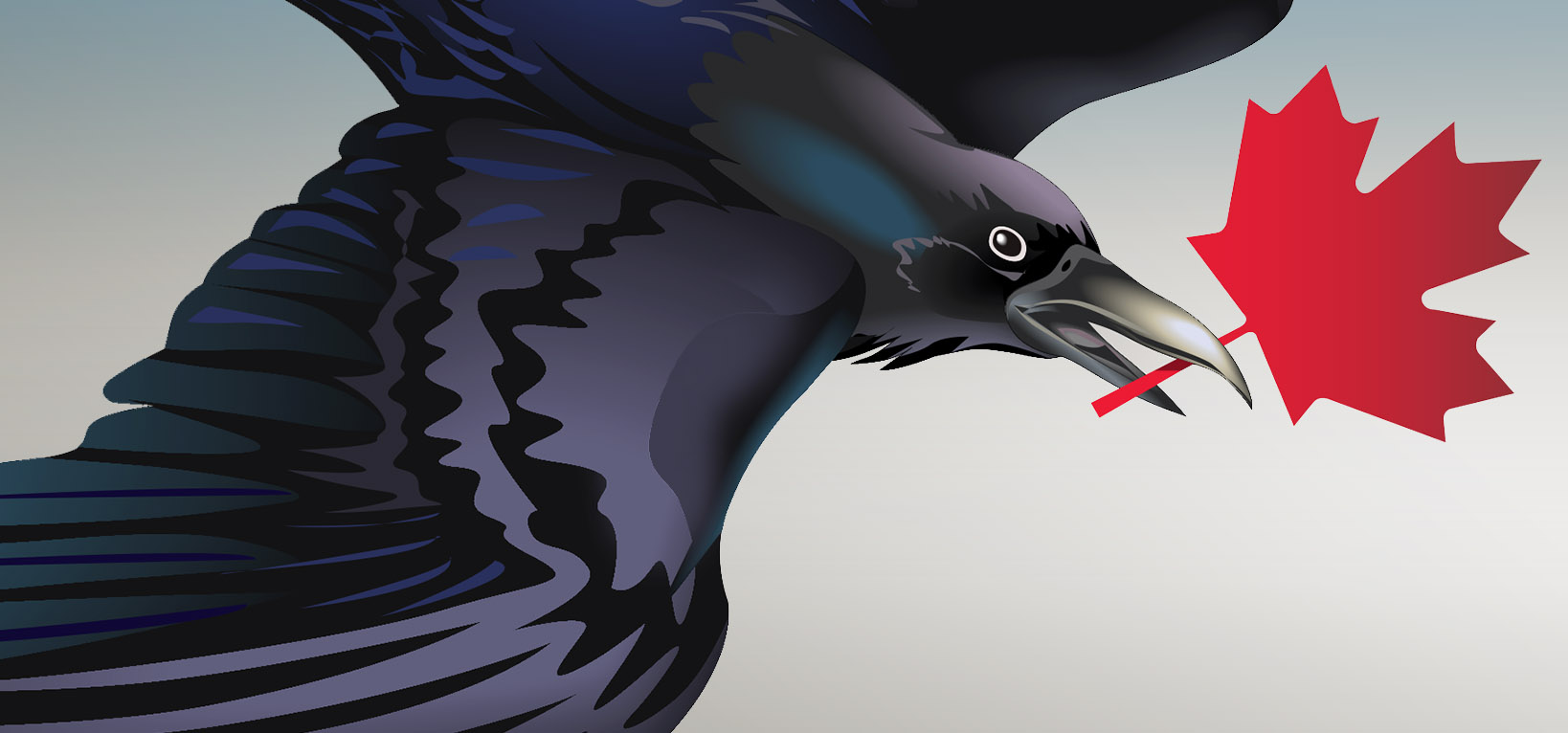1. Could you provide our readers with a short explanation of why you founded the Laurier Society for Open Inquiry and what the organization’s proximate and ultimate goals are?
I founded the Laurier Society for Open Inquiry (LSOI) in January 2018 along with two other WLU students who were concerned about the direction of campus culture, where safe spaces and political correctness prevail and some topics become completely taboo. Now, we are a 5-person executive team, with undergrad and grad students from both Wilfrid Laurier University and University of Waterloo. The reason we are not an approved student union club is for the simple bureaucratic reason that undergrads and grad students cannot be in the same clubs at WLU. (so it’s not like the university denied us status or anything).
We have a three-point mandate: (1) Promote intellectual curiosity, open inquiry, and freedom of expression; (2) Provide alternatives to the dominant societal narrative; and (3) Build a community of thinkers who enjoy partaking in reasonable, nuanced discussion.
We operate mostly as a speaker’s forum, but host pub nights as well.
2. Some of your tweets have been critical of WLU- have you personally faced any backlash at the university because of this?
I can’t comment on this right now because we’re trying to give the university administration the benefit of the doubt and work things out. However, it is indeed an arbitrary review that no other groups, to my knowledge, are subjected to. This review will not shut LSOI down, as we will host our talks in community locations, such as public libraries, if it comes to that. However it is indeed a dismal state of affairs when a group that promotes open inquiry is pushed out from a university campus, and it does not reflect well on how we view the role of the university in society.
4. Could you tell us about the membership of the Society? How many members do you currently have, and do you have any special membership criteria?
5. What would you say to students such as Toby Finlay or Milas Hewson who state that they feel unsafe on campus and that they have to “justify themselves and their positions”, as they stated in this Maclean’s article? http://www.macleans.ca/lindsay-shepherd-wilfrid-laurier/
6. On a recent Canadaland podcast, (http://www.canadalandshow.com/podcast/canadian-history-x/) host Ryan McMahon interviewed former white supremacist Elisa Hategan and asked her for comment about your situation. Hategan stated that you were “being radicalized by the people around you,” such as Faith Goldy, and when asked if your story “sounded familiar” to her, given her own experience as a recruit for the Heritage Front, she said that you had “lost sight of a true centrist position.” How would you respond?
I listened to the segment. She had some interesting things to say about far-right women using their sexuality to brand the movement. But I don’t think it’s credible to say I’ve “revealed” myself. I completely understand that neo-Nazis and alt-right extremists advance their ideas by using the rhetoric of free speech. Just the other day, I watched a VICE News documentary on Race and Terror in Charlottesville, and yes, the far-right extremists used familiar arguments of free speech. However, where this becomes too quickly conflated is when people assume that if you stand up for free speech, you must have a right-wing agenda and be similar to these Charlottesville folks. It is simply not true, and not a fair or legitimate claim. When people make these claims about how free speech is a guise for neo-Nazism and white supremacism, they are pushing for extremes and not attempting to navigate middle ground, which I find unfortunate and anti-intellectual.
The reason I care about free speech is very simple: I find myself in a cultural moment where the people around me shut down or become passive when controversial subjects come up, because of the political correctness that underlines Canadian society. This stifles our ability, as human beings, to be honest and vulnerable with each other, and doesn’t let us explore our intellectual interests to the fullest.
8. In your “Goodbye To The Left” video you said there is a big difference between white supremacism and white nationalism. Why do you think it is important to have a nuanced discussion on this?
9. Do you believe that Faith Goldy has demonstrated sufficient knowledge and expertise to speak with authority on the topics that she planned to speak about at Laurier during her recent appearance?
10. Given all of your recent appearances in the media, are you considering a career in the media as a public figure?
Probably not. I’ll be figuring out my career direction once I finish my degree.

